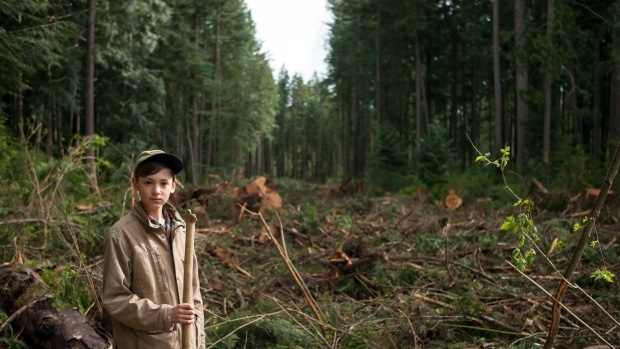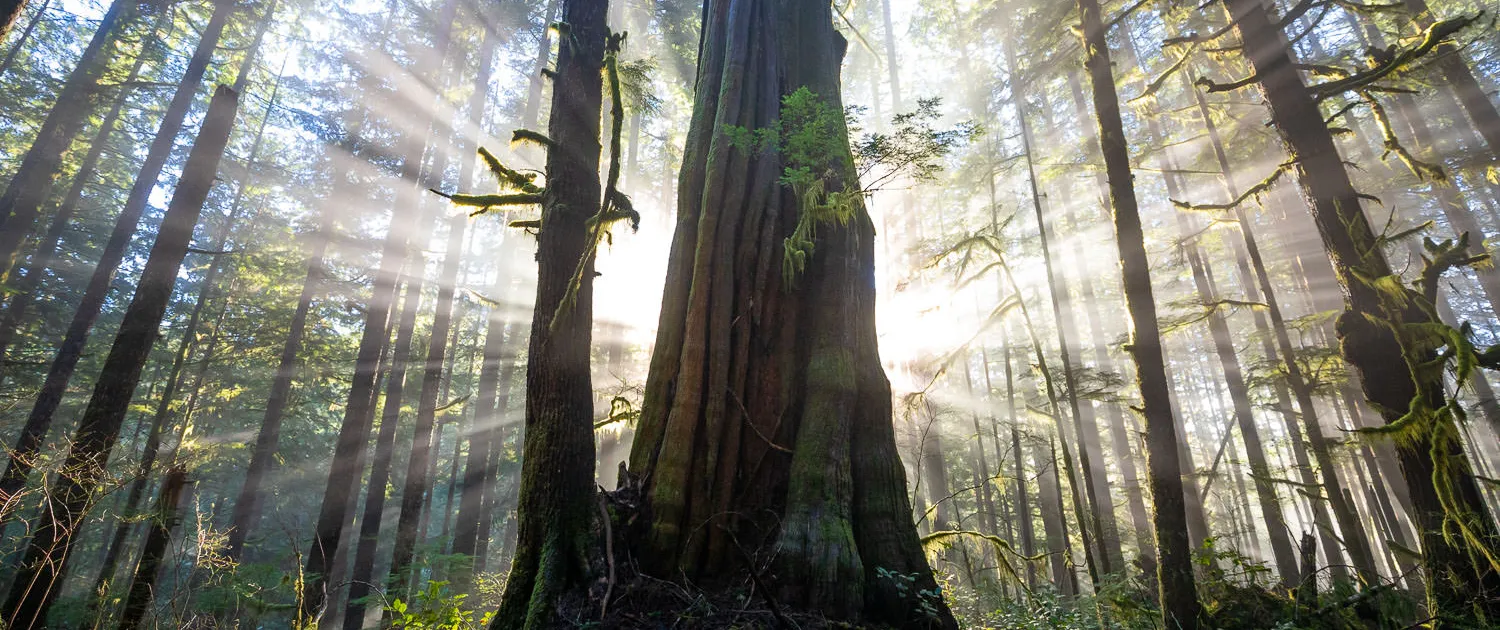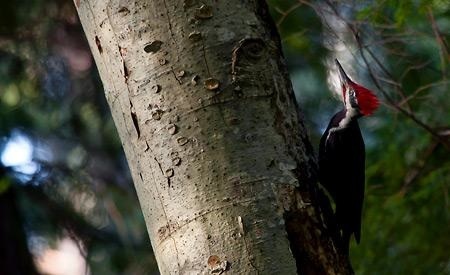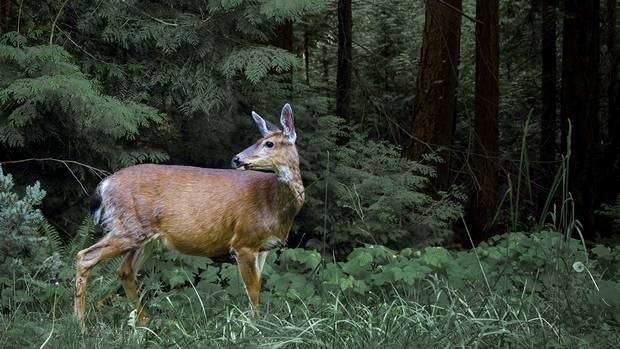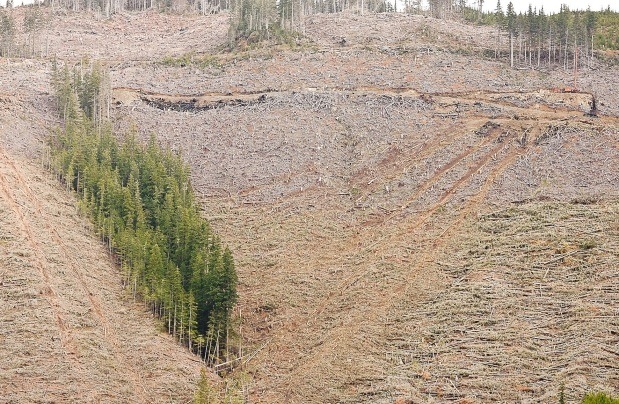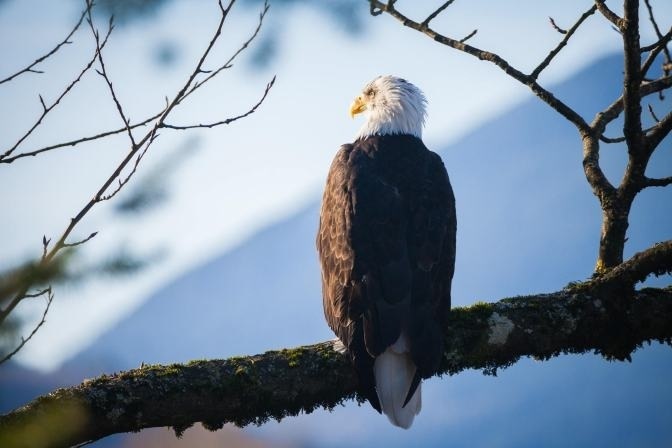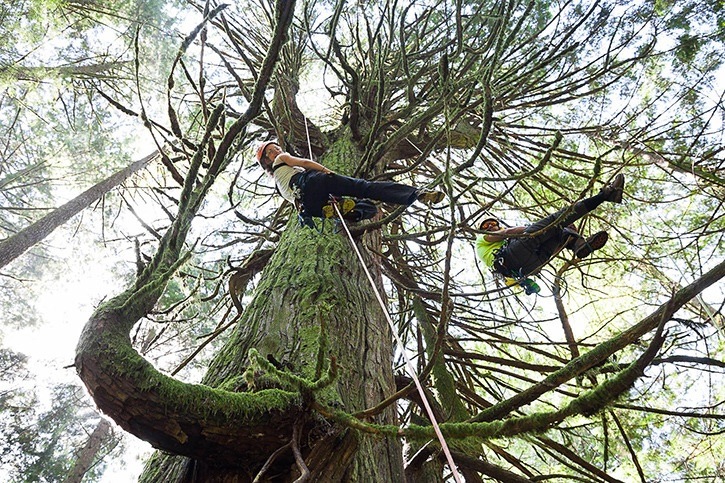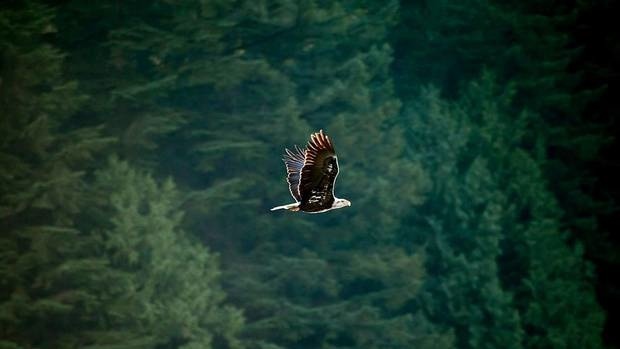Up to 700 bald eagles roost in a small grove of old-growth trees around Echo Lake in the Fraser Valley each fall. Does this sound like the kind of place that should be logged?
It is in British Columbia, where ancient trees are seen as just another replaceable commodity.
The lake sits in a small valley surrounded by mountains near where the Chehalis River joins the Harrison, and both flow into the Fraser.
When salmon return to spawn, the eagles spend their days feasting on fish on the river banks, then, just as darkness descends, fly up to roost in the towering Douglas firs and cedars surrounding Echo Lake.
“They don’t come every night. It’s unpredictable,” says Stephen Ben-Oliel, who has lived on the lake for 20 years. “But when they come, it’s remarkable. You look up and it’s like aircraft circling a busy airport. They drop down and start to stack up in the trees.”
Mr. Ben-Oliel says bird experts who came to study the phenomenon told him the eagles have been using Echo Lake as a roost for 8,000 years.
But they might not be returning for much longer if a provincial government logging plan goes ahead.
A few years ago, Mr. Ben-Oliel went for a walk in the towering forest near his home and was shocked to find flags marking trees for logging.
Not all the trees are ancient. But many are, mixed in with younger, second-growth timber that grew after a forest fire 150 years ago.
“You can go in the forest there and there are trees 150 years old, and there are trees 1,000 years old,” Mr. Ben-Oliel said.
It is the big, old giants that the eagles like best.
“I don’t know why they choose those trees, but I think they feel safe up there, away from anything that might come in the night to kill them,” he said.
They might be safe from predators, but not from the B.C. government, which is allowing many of the last remaining patches of old growth on the West Coast to be logged.
Mr. Ben-Oliel, with support from the Ancient Forest Alliance, started a campaign in 2012 to save the Echo Lake forest. In 2013, the government protected 55 hectares – just over half the old-growth around the lake.
But Mr. Ben-Oliel is horrified the plan still allows about 40 hectares of old growth and mature forest to be logged on the north and west sides of the lake.
“The tallest old-growth firs that ever existed on Earth used to stand in the Chehalis Valley [near Echo Lake],” he said. “But if you drive up there now, you’ll see that, over the years, they’ve taken it all. It is now like the surface of Mars in many places.”
He fears that fate awaits “the last little pocket” of old growth at Echo Lake.
“They are quietly sneaking out the last of our great legacy,” Mr. Ben-Oliel said. “It’s appalling that old growth forests aren’t protected in B.C. ”
Ken Wu of the Ancient Forest Alliance has been campaigning for a provincial plan to protect B.C.’s remaining endangered old-growth forests. His team recently did a “bio-blitz” at Echo Lake, recording the richness of the ecosystem there, which is home to everything from red-legged frogs to black bears.
The government’s old-growth strategy, he said, “is piecemeal, weak and inadequate.”
Mr. Wu said only about 1 per cent of the big, ancient trees are left.
“The classic giant cedars and Douglas firs that historically built the logging industry of southern British Columbia were essentially annihilated by the 1950s [by logging],” he said. “It’s as rare as a black rhino to have low elevation, spectacular old growth [such as at the lake], so this is something incredibly rare.”
He said the Echo Lake forest has been spared the axe until now only because mountains and private land made access difficult.
“They can get in by building an expensive road, or they can heli-log it,” Mr. Wu said of logging companies working in the Chehalis area. “We heard next year they may move in.”
The government says its old-growth strategy protects the big, old trees that are becoming increasingly rare. But it does not.
On his dock, Mr. Ben-Oliel has a section of a stump from a recently cut tree. He counted 716 rings.
“That tree was cut, floated down the Fraser whole and shipped to China,” he says. “That’s a travesty.”
In B.C., that’s also government policy. And it needs to change before Echo Lake and the few remaining places like it are lost.
Read more: https://www.theglobeandmail.com/news/british-columbia/race-is-on-to-save-fraser-valleys-bald-eagles-echo-lake-old-growth-forest/article23576358/

